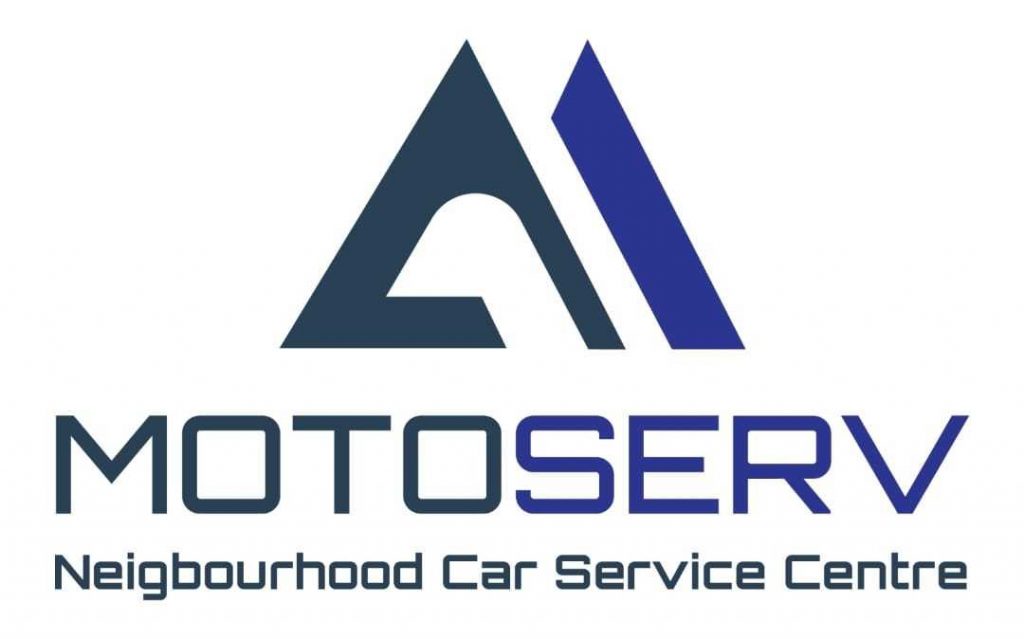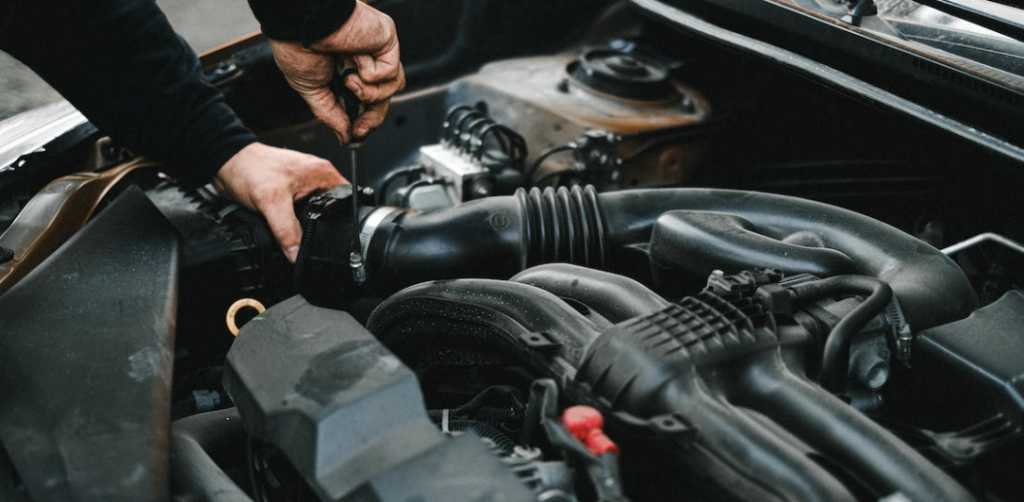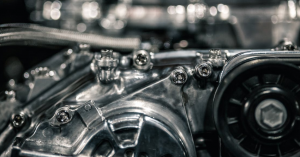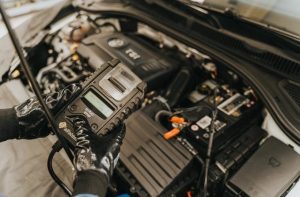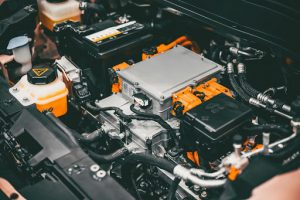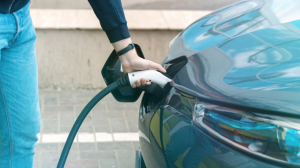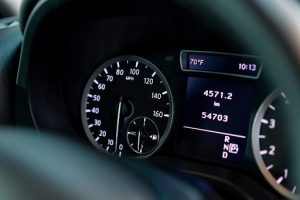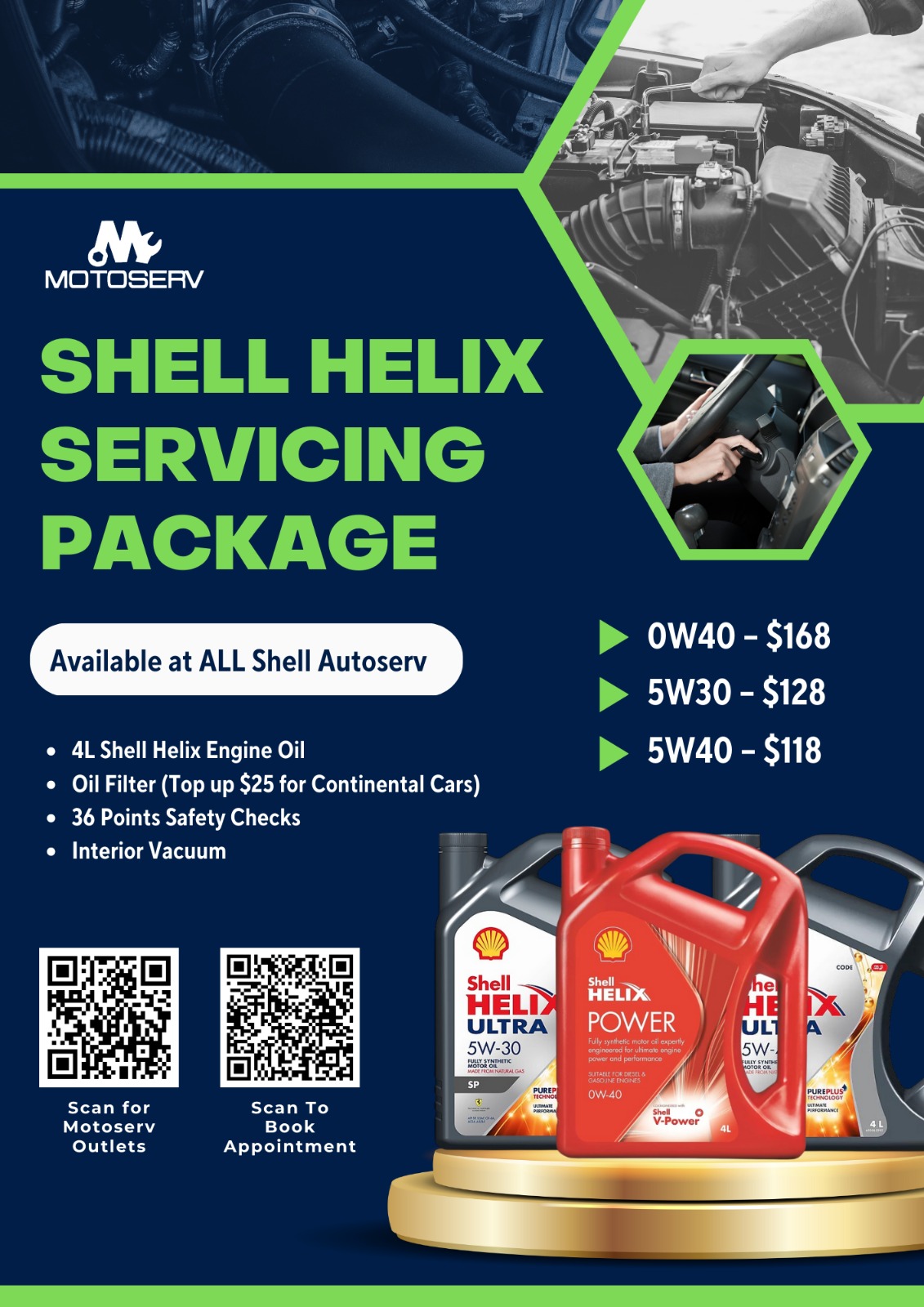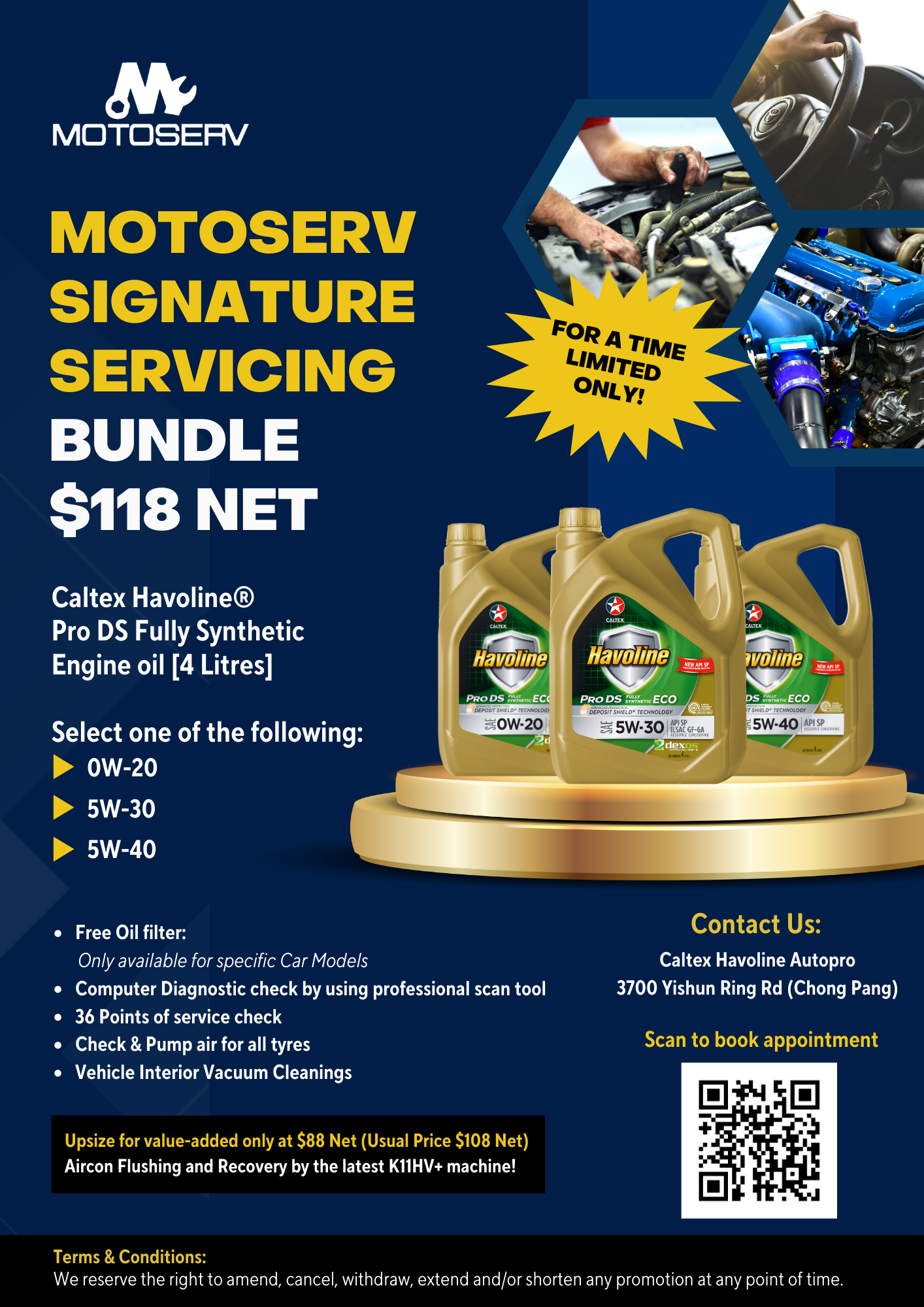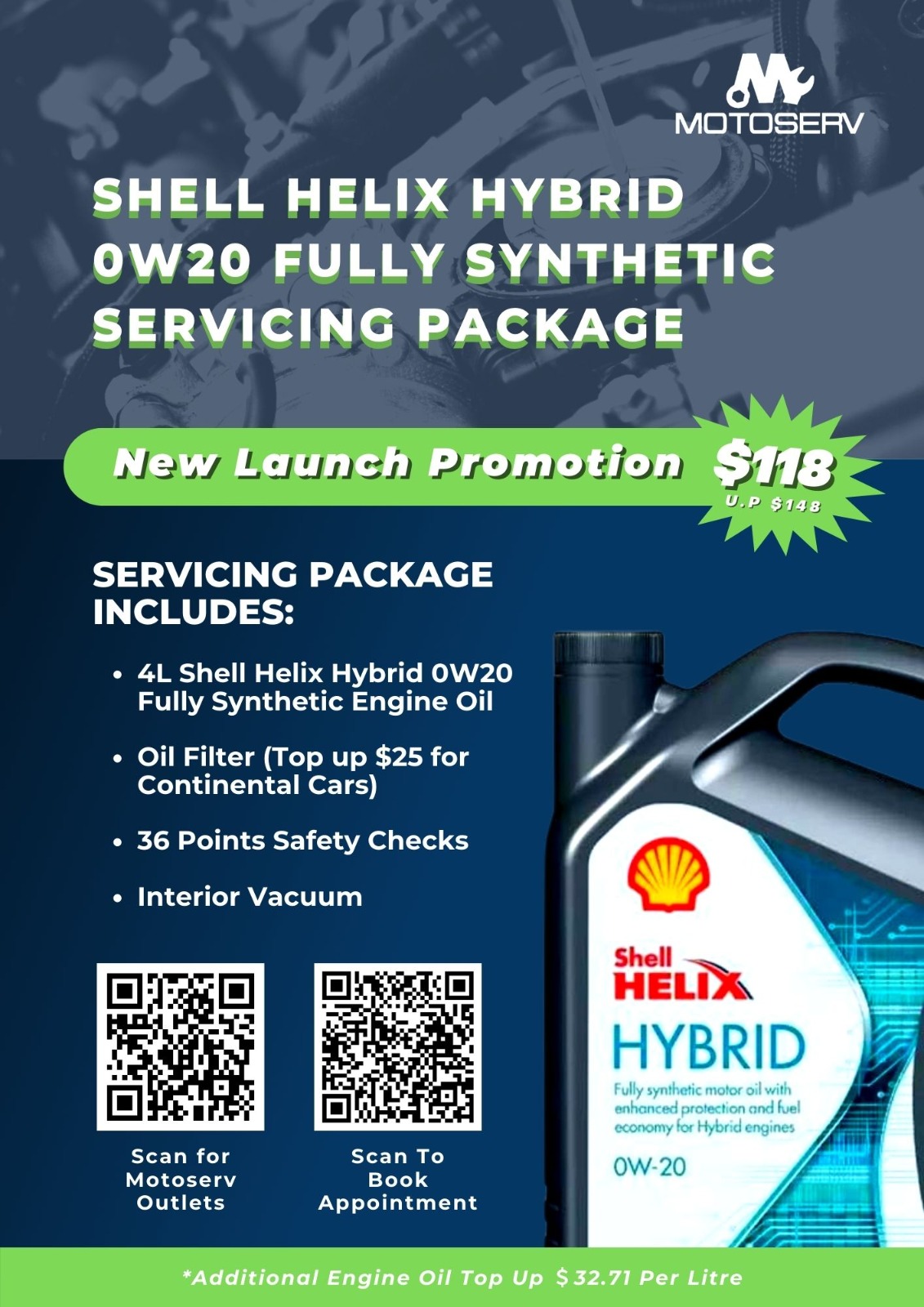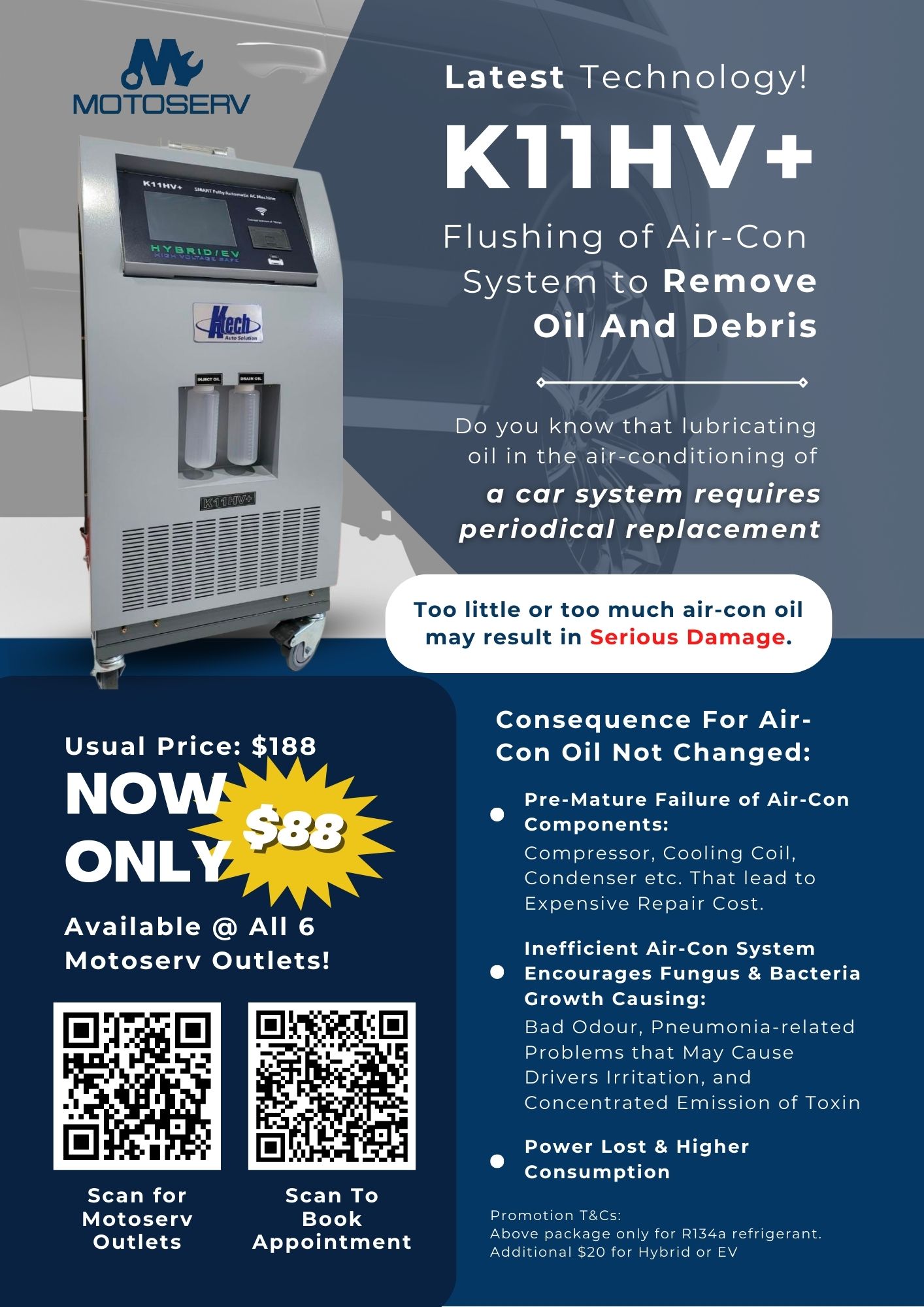Regular car maintenance is important because it ensures the safety of the car, extends the lifespan of the car, and keeps the performance of the car at optimal condition.
LIke our body, it needs to be taken care of in order to avoid going into ruin. Here is a checklist, if you want to perform your own car maintenance.
Car Maintenance Checklist
Basic Car Maintenance :
Regularly Change Engine Oil
Engine oil is the lifeblood of your car. Regular oil changes ensure that the engine remains lubricated and protected against friction and heat.
This prevents excessive wear and tear, maintains engine efficiency, and prolongs its lifespan.
Check and Replace Other Fluids
Apart from engine oil, your car relies on various fluids such as coolant, transmission fluid, power steering fluid, and brake fluid.
Regularly checking and replacing these fluids as needed ensures that your car’s systems operate smoothly and reduces the risk of overheating or damage.
Check the Tires
Regular tire maintenance is crucial for safety and performance. Check tire pressure routinely to ensure proper inflation, which affects handling, fuel efficiency, and tire longevity.
Inspect tires for signs of wear, and rotate them regularly to promote even tread wear.
Check Your Brakes’ Condition
Brakes are a critical safety component. Regularly inspect brake pads, rotors, and brake fluid levels.
Squealing or grinding noises, vibrations, or reduced stopping power are signs that your brakes need attention.
Check Your Signal Lights
Properly functioning signal lights are essential for safe driving.
Regularly check and test your signal lights, headlights, taillights, and brake lights to ensure visibility and communicate your intentions to other drivers.
Perform Regular Inspections
Periodic visual inspections of your car’s exterior and interior, including belts, hoses, and under the hood, can help identify potential issues early on.
This proactive approach prevents minor problems from developing into major repairs.
Follow the Maintenance Schedule
Consult your vehicle’s owner’s manual for a recommended maintenance schedule.
Following the schedule ensures that all essential components are checked, serviced, or replaced at the manufacturer’s recommended intervals.
Keep Your Car Waxed and Washed
Regular washing and waxing protect your car’s exterior from dirt, grime, and environmental elements. This preserves the paint finish, preventing rust and maintaining the car’s appearance.
Have Your Battery Checked
Battery health is important for starting and operating the systems inside your car.
Always inspect the battery terminals for corrosion, ensure proper voltage levels, and have the battery tested by a professional to prevent unexpected breakdowns.
Change Air Filters
Air filters prevent dirt and debris from entering the engine and cabin.
Regular changing air filters ensures clean air intake, which promotes efficient engine performance and maintains interior air quality.
Maintain Proper Car Alignment
Proper wheel alignment ensures that your tires wear evenly and your car drives straight. Misaligned wheels can lead to uneven tire wear, poor handling, and decreased fuel efficiency.
Pay Attention to Dashboard Warning Signs
Modern cars have dashboard warning lights that signal potential problems. Ignoring these warnings can lead to more significant issues.
Always keep an eye on these lights and address any concerns ASAP.
Store Your Car Properly
If your car is not in regular use, store it in a dry, covered area to protect it from the elements.
Note: for longer storage periods, use a car cover and consider disconnecting the battery.
Bring Your Car to Be Serviced by a Reputable Mechanic
Regular professional servicing by a reputable mechanic ensures that your car undergoes thorough inspections, maintenance, and repairs as needed.
A skilled mechanic can identify hidden issues and provide expert solutions.
Spark Plugs
Worn spark plugs can lead to poor fuel efficiency and engine misfires. Replacing them at recommended intervals helps maintain optimal performance.
Fuel Filter
A clogged fuel filter can affect fuel delivery and engine performance. Replace it based on your car’s maintenance schedule.
Timing Belt or Chain
Replacing the timing belt or chain at recommended intervals prevents engine damage in case of failure.
Drive Responsibly
The best way to maintain your car is by driving responsibly.
No matter how good of a car service you have performed, it will not be effective if you drive the car recklessly causing unnecessary stress on the car.
Additional Tips :
Owner’s Manual
Your car’s manual provides specific guidelines for maintenance intervals and recommendations tailored to your vehicle.
Safety Check
Inspecting safety features ensures they are ready to protect you in case of an accident.
Emergency Kit
An emergency kit with essentials like first aid supplies, tools, and non-perishable snacks is crucial for unexpected situations.
Regular Driving
Frequent short trips can prevent the engine from reaching optimal operating temperature, while occasional highway driving helps burn off deposits and maintain the exhaust system.
Professional Inspection
Even if you perform routine maintenance yourself, getting an annual professional inspection can catch hidden issues and ensure your car’s overall health.
How often should you have your car serviced?
Car maintenance needs to be done on a regular basis. That said, how often should you have it serviced?
You can service your car based on either :
- Maintenance based on mileage
- Annual Maintenance
- Maintenance based on manufacturer’s recommendations
Maintenance based on mileage
A way to know when to do maintenance is to base it off your car’s mileage. A general mileage threshold for maintenance are usually :
Every 4,000 – 8,000 KM
This is a common interval for oil changes. However, this is based on what oil you are using as well (In some cases, synthetic oil can last up to 7,000 KM above). Try to check your owner’s manual for the recommended interval based on the type of oil you use.
Every 20,000 – 40,000 KM
During these intervals, you should consider replacing air filters, cabin air filters, and fuel filters. Usually these parts give out at these mileage, if it occurs then make sure the replacement parts are within the specifications of your car.
Every 40,000 – 100,000 KM
At these mileage it is a good idea to have the whole car inspected. This includes the cooling system, brakes, suspension, and steering components.
You might also need to replace the belting of the car (If it is making weird noises).
For a more detailed mileage milestone for maintaining your car go here : Mileage Intervals
Annual Maintenance
The easiest of the intervals is to just have your car checked up once every year.
This is because regardless of the car’s mileage, it is a good idea to have your car inspected once every year.
By having it checked up once a year, you can find out problems inside your car that would either be an inconvenience or a safety hazard.
Maintenance based on manufacturer’s recommendations
The most accurate way to know when to have your car serviced is to follow what the manufacturer has recommended.
How often your car should be serviced is provided in your vehicle’s owner’s manual. This is important because different Manufacturers have specific maintenance schedules specific to their cars.
So, Be sure to follow their recommendations for services and intervals.
It is important because It enhances safety by ensuring brakes, tires, and other vital components are in good condition.
It also prolongs your vehicle’s lifespan, improves fuel efficiency, retains resale value, and prevents costly repairs.
It typically includes inspecting and topping up fluids (oil, coolant, brake fluid, etc.), checking tire pressure and tread depth, examining brakes, testing lights and signals, and inspecting belts and hoses.
Tire rotation is recommended every 9,000 to 12,000 KM. Regular rotation helps ensure even tire wear and extends their lifespan.
It is recommended to keep your tires properly inflated, use the recommended grade of motor oil, drive smoothly, avoid excessive idling, and remove unnecessary weight from your vehicle.
Listen for unusual noises, pay attention to changes in braking performance.
Some basic maintenance tasks can be done by your own, however the more complex ones should be left to car service workshops.
Regularly wash and wax your car to protect its paint from dirt, UV rays, and environmental elements.
Yes, it should be replaced every 20,000 to 45,000 KM or as recommended by your car’s manufacturer.
It is important as it keeps the air inside the car clean.
The ways to keep your car for long periods of time is to fill the up the gas tank, add a fuel stabilizer, disconnect the battery, inflate the tires to the recommended pressure, and consider buying a car cover.
